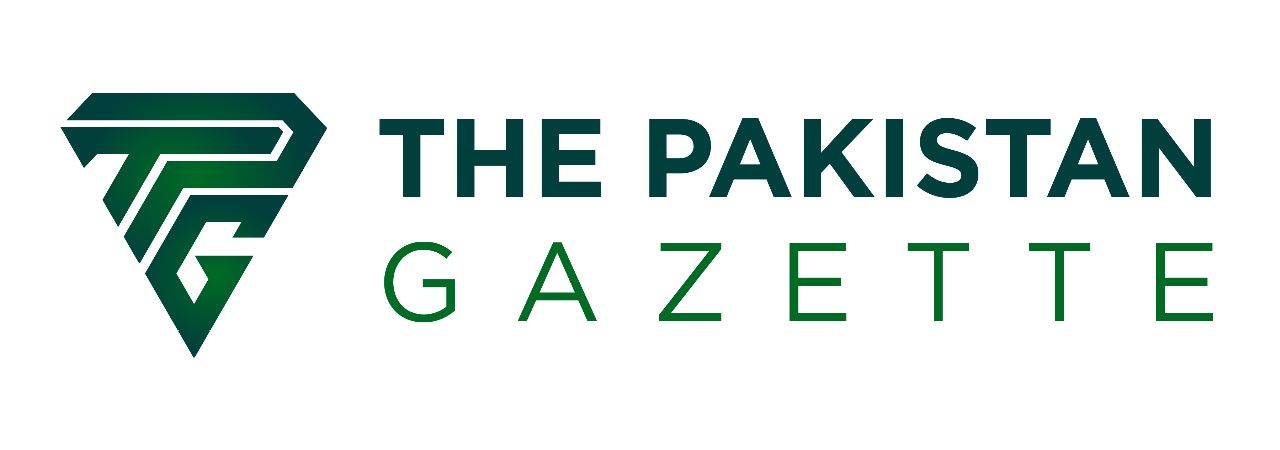
Pakistan Healthcare System Challenges and Solutions
The health infrastructure in Pakistan is facing significant challenges. The country has a high population growth rate and a large proportion of the population lives in poverty, which puts a strain on the healthcare system. Additionally, there is a shortage of qualified healthcare professionals, and many facilities lack basic equipment and supplies. The government has been working to improve the healthcare system, but progress has been slow. Despite the challenges, many dedicated healthcare providers and organizations are working to improve the population’s health.

Causes of Bad Health Infrastructure in Pakistan
There are several causes of the poor health infrastructure in Pakistan. One major cause is the lack of funding. The government has not allocated enough resources to the healthcare system, resulting in inadequate facilities and equipment.
Another cause is the shortage of qualified healthcare professionals. Pakistan has a large population and a shortage of doctors, nurses and other healthcare workers, which limits the ability to provide quality care.
Corruption is also a major problem in Pakistan, and it has affected the healthcare system as well. Mismanagement of funds and resources, lack of transparency and accountability have all contributed to the poor state of health infrastructure.
Additionally, the country’s poor economic conditions have led to a large proportion of the population living in poverty, which makes it difficult for them to access quality healthcare. This, combined with inadequate sanitation and poor living conditions, has contributed to poor health outcomes for many Pakistanis.
Finally, poor governance, lack of political will, poor planning and lack of community participation have also contributed to the poor state of health infrastructure in Pakistan.

Challenges to Pakistan’s Healthcare System
There are several challenges facing the health infrastructure in Pakistan, including:
- Lack of funding: Pakistan’s government does not allocate sufficient resources to the healthcare system, which limits the ability to improve facilities and equipment.
- Shortage of healthcare professionals: Pakistan has a large population and a shortage of doctors, nurses, and other healthcare workers. This limits the ability to provide quality care.
- Corruption: Mismanagement of funds and resources, and lack of transparency and accountability, have all contributed to the poor state of health infrastructure.
- Poverty: Many Pakistanis live in poverty, which makes it difficult for them to access quality healthcare.
- Inadequate sanitation and poor living conditions: This has contributed to poor health outcomes for many Pakistanis.
- Poor governance: Lack of political will, poor planning, and lack of community participation have also contributed to the poor state of health infrastructure in Pakistan.
- Limited access to healthcare in rural areas: Rural areas tend to have less developed healthcare infrastructure compared to urban areas, which makes it difficult for people living in rural areas to access healthcare.
- Lack of awareness and education: Many people in Pakistan lack knowledge about health and hygiene, which increases the risk of disease and poor health outcomes.
- High population growth: Pakistan has a high population growth rate, which puts a strain on the healthcare system.
- Limited access to technology and information: Many healthcare providers in Pakistan lack access to the latest technology and information, which limits their ability to provide quality care.
Consequences of Weak Healthcare System in Pakistan
The weak health infrastructure in Pakistan has several consequences, including:
- Poor health outcomes: The lack of adequate facilities, equipment, and qualified healthcare professionals limits the ability to provide quality care, which results in poor health outcomes for many Pakistanis.
- High maternal and child mortality rates: The lack of access to quality healthcare in rural areas and poor living conditions have led to high maternal and child mortality rates in Pakistan.
- Limited access to healthcare: Many Pakistanis, particularly those living in rural areas or in poverty, have limited access to healthcare, which results in untreated illnesses and poor health outcomes.
- High healthcare costs: The weak health infrastructure results in limited access to quality care, which can make healthcare more expensive for many Pakistanis.
- Economic impact: Poor health outcomes and high healthcare costs can have a negative impact on the economy, as they can lead to decreased productivity and increased absenteeism from work.
- Low trust in government: Corruption and lack of transparency in the healthcare system can decrease the trust of people in government institutions.
- Spread of infectious diseases: The lack of adequate sanitation and poor living conditions can lead to the spread of infectious diseases, which can have a negative impact on public health.
- Limited ability to respond to medical emergencies: Weak health infrastructure can also limit the ability to respond effectively to medical emergencies, such as natural disasters or outbreaks of infectious diseases.
- Brain Drain: The poor working conditions and lack of opportunities in the healthcare sector leads to the emigration of qualified healthcare professionals to other countries.
- Limited access to health information and technology: Weak health infrastructure limits access to health information and technology, which can hinder the ability of healthcare providers to deliver quality care.
Solutions to Weak Healthcare System in Pakistan
There are several solutions that could help improve the weak health infrastructure in Pakistan, including:
- Increased government funding: The government should allocate more resources to the healthcare system to improve facilities, equipment and other necessary resources.
- Training and recruitment of healthcare professionals: The government should invest in training and recruiting more healthcare professionals to address the shortage of qualified staff.
- Improved transparency and accountability: Measures should be taken to reduce corruption in the healthcare system and improve transparency and accountability to ensure that resources are used effectively.
- Improved access to healthcare: The government should work to improve access to healthcare, particularly in rural areas and for people living in poverty, through the expansion of community health centres and mobile health clinics.
- Public awareness and education: The government should invest in public awareness and education campaigns to improve knowledge about health and hygiene and encourage people to take a more active role in their own health.
- Improved living conditions: The government should take steps to improve living conditions, particularly in areas with poor sanitation, to reduce the risk of disease and improve health outcomes.
- Public-private partnerships: The government should encourage public-private partnerships to bring in more resources and expertise to the healthcare system.
- Increase in Health budget: The government should increase the health budget to at least 5% of the GDP to tackle health issues.
- Emphasis on primary healthcare: The government should shift its emphasis from tertiary to primary healthcare to make healthcare more affordable and accessible for the majority of the population.
- Incentives for healthcare providers: The government should consider providing incentives for healthcare providers to work in underserved areas and encourage them to stay in the country.
- Use of technology: The government should promote the use of technology in healthcare, such as telemedicine and electronic health records, to improve access to care and make the healthcare system more efficient.
Admin at The Pakistan Gazette

